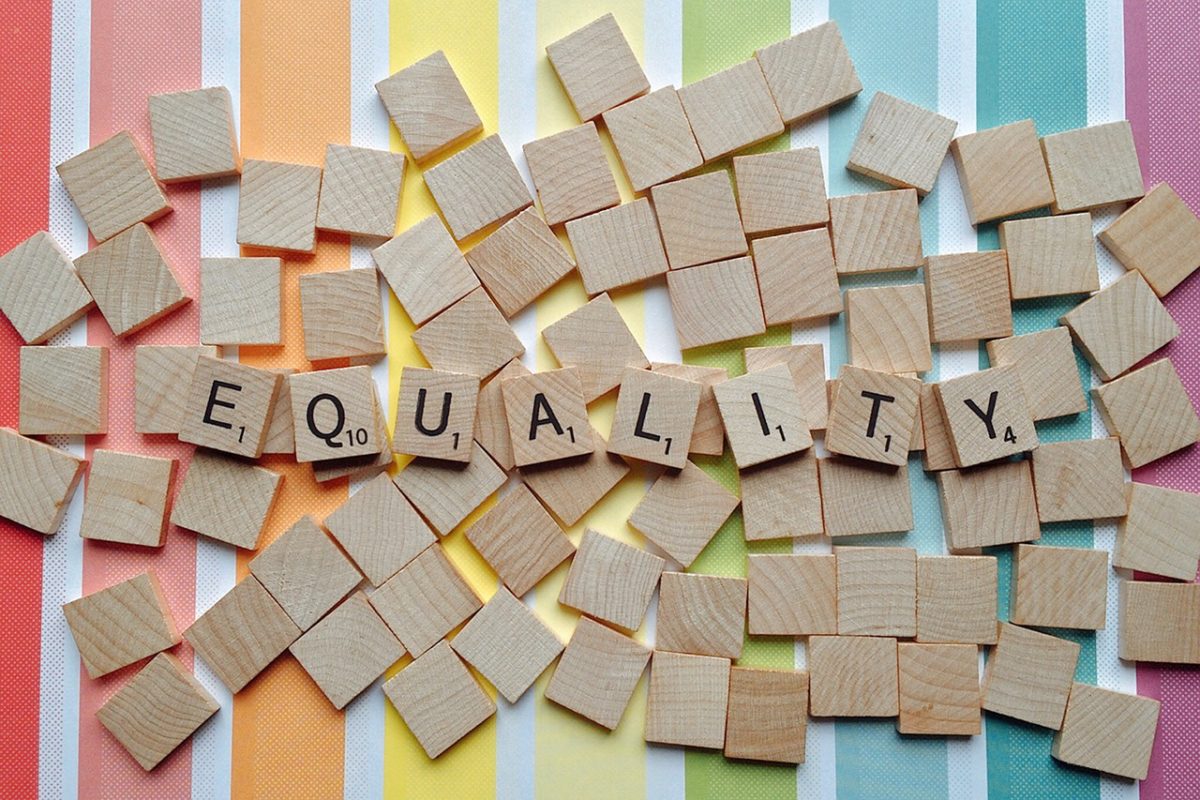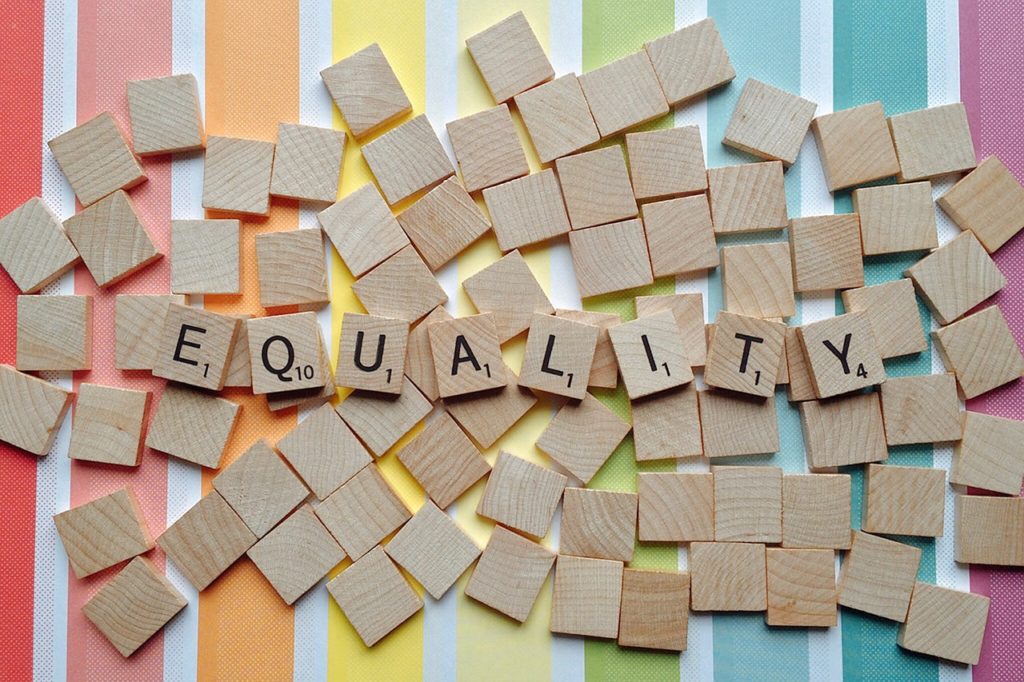
Nearly two-thirds of women (63%) in Japan say that they quit because they were not satisfied with their career perspective, while 49% left because they felt they were being held back, according Heidrick & Struggles' latest gender diversity study entitled A More Diverse Workplace: Increasing Women’s Power in Japan.
The study took into account the responses of more than 200 female and 44 male executives on the current status of female executives in Japan and the obstacles they face, and recommended ways for companies in Japan to leverage these highly competent leadership resources. The results reveal three distinctive factors that hamper the advancement of women in Japan:
Family obligations
The majority of women (80%) said they find it hard to maintain a balance between family life and the professional requirements of top management positions because they feel that they should put their family and their partner’s career first as opposed to striving for leadership roles. Only around 30% of women in Japan return to the workforce after having children, while in the US and Europe, 50-60% of women return to work.
Discrepancy in gender perspectives
Only 51% of male respondents feel that maintaining a balance between family life and the professional requirements of top management positions is an obstacle to women, as opposed to 80% of female respondents. This suggests that men misunderstand women’s needs and circumstances, either as counterparts at work or as partners at home, which may prevent women from gaining the support they need to actualise their potential and move into more senior positions.
Corporate culture
According to the study, while companies hire women on the executive track, managers, who are mostly male, lack the knowledge of how to manage and develop female workers, resulting in lack of challenge and career progression. An ingrained culture of face time and lack of performance based evaluation systems mean both men and women work long hours, increasing the burden on women at home.
Commenting on the findings, Steve Mullinjer, Regional Leader, Heidrick & Struggles, Asia Pacific added, “Workplace inequality is a deep-rooted issue in Japanese culture. Although Japan’s female participation rate in the workplace is relatively high at 68% compared with other Asian nations, Japan is near the bottom amongst key regional competitors when it comes to moving women up to the board and C-suite level. Women make up only 2% of Japanese boards, compared with 9% in Hong Kong and 7% in Singapore.”
Aya Iinuma, Partner-in-charge, Heidrick & Struggles’ Japan office suggested that organisations, NGOs, male counterparts in the workplace, husbands and women themselves need to recognise their shared responsibility. She explained, “Many pioneering enterprises are launching initiatives to get their gender agenda on track. However, this is more than just an action plan—it is also a mindset transformation exercise that our society needs to address.”






